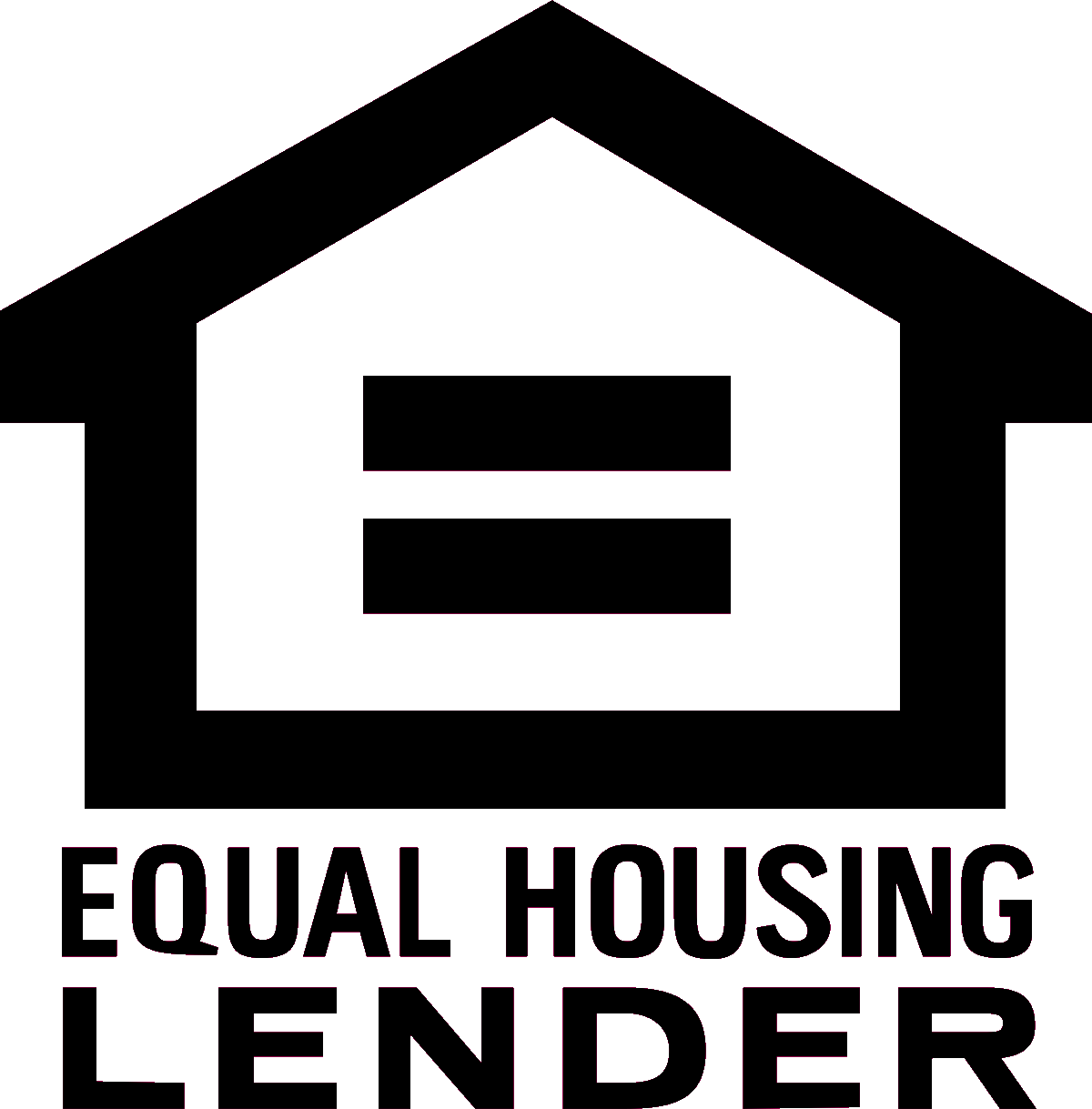Below are some of the many loan options available when buying an investment property. To view details about a particular option, click the down arrow to its left. Please review this information and give us a call to discuss which option best meets your needs.
This, the most common type of mortgage program, has two distinct features. First, the interest rate remains fixed for the life of the loan. Second, the payments remain level for the life of the loan and are structured to repay the loan at the end of the loan term. The most common fixed rate loans are 15-year and 30-year mortgages, but other terms are available.
During the early amortization period, a large percentage of the monthly payment is used for paying the interest. As the loan is paid down, more of the monthly payment is applied to principal. A typical 30-year fixed rate mortgage takes over 20 years of level payments to pay half of the principal balance.
The main advantage of fixed rates mortgages is the rate is fixed, so you are protected if rates go up. The disadvantages are they typically have a higher interest rate, and the rate does not drop if rates go down.
An ARM has the characteristic that its interest rate adjusts periodically based on a specified index. The index moves up or down based on the conditions of the financial markets. If the index moves up, your monthly payment will increase. Likewise, if the index drops, your monthly payment will decrease.
ARM's generally begin with an interest rate that is 2 to 3 percent below the comparable fixed rate mortgage. This start rate usually is fixed for a period of time ranging from 1 month to as long as 10 years. As a rule, the lower the start rate the shorter the time before the loan makes its first adjustment.
An advantage of ARM's is that the lower interest rate may allow you to buy a more expensive home. An obvious disadvantage is that the interest rate, and thus your mortgage payment, may increase over the life of the loan.
Often, the best deals are available on properties needing extensive repairs. An investor buyer can use a rehab loan to purchase the property and provide funds to rehabilitate the property.
A rehab loan is a fixed rate, fully-amortizing loan. The program makes no restrictions on the types of repairs, has no required improvements, and has no minimum amount of repairs. Loan amounts are based on the "as completed" value of the property, and the rehabilitation costs can represent up to 75% of the "as completed" value. You also can finance certain construction-related costs, such as inspection, architectural, and engineering fees. The maximum loan amount is based on the lesser of:
- The sum of the purchase price plus the cost of rehabilitation and allowable construction-related costs; and
- The "as completed" value of the property.
A lot loan is usually a short term loan for the purchase of land used for home construction. A land loan can be short or long term with rate and term dependent on the intended purpose for the land.
An interest-only mortgage is one that allows you to pay only the interest portion of the loan for a specified period of time. During this period you are not required to make any payments towards the loan principal. Once the period ends, the loan amortizes over the remainder of the term.
Interest-only loans are very attractive when:
- You expect your property to gain value quickly;
- You put a large down payment on the property;
- You intend to keep the property for a short period of time;
- You expect to make significantly more money in the future and want to qualify for more home now.
Despite their attractiveness, interest-only loans have some dangers.
- If you carry the loan past the interest-only period, you may find yourself unable to afford the increased loan payment. We call this payment shock.
- During the interest only period you are not required to make any payments towards the loan principal. You may not be able to afford to sell your property if property values are not increasing because you have limited equity.








 More Information
More Information